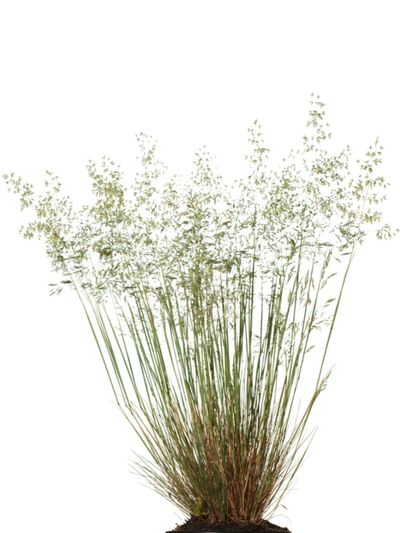What is Poa Annua Grass?
Poa annua grass, also known as annual bluegrass, is a annual weed that is commonly found in lawns, but can be found in gardens as well. It is rather difficult to control because the plant will produce several hundred seeds in one season, and the seeds can lay dormant for several years before sprouting. The identifying characteristic of poa annua grass is the tall tasseled seed stalk that will typically stand up above the rest of the lawn and becomes visible in late spring or early summer. But, while this seed stalk can be tall, if it is cut short, it can still produce seeds. Poa annua grass is typically a problem in the lawn because it dies back in hot weather, which can make unsightly brown spots in the lawn during the height of summer. It also thrives during cool weather, when most lawn grasses are dying back, which means that it invades the lawn at these susceptible times.
Controlling Poa Annua Grass
Poa annua grass germinates in the late fall or early spring, so the timing of poa annua control is critical to being able to effectively control it. Most people choose to control poa annua with a pre-emergent herbicide. This is a herbicide that will prevent the poa annua seeds from germinating. For effective poa annua control, apply a pre-emergent herbicide in early fall and again in early spring. This will keep the poa annua seeds from sprouting. But keep in mind that poa annua seeds are tough and can survive many seasons without germinating. This method will work towards reducing poa annua in the lawn over time. You will need to treat your lawn for many seasons in order to rid it completely of this weed. There are some herbicides that will selectively kill poa annua in lawns, but they can only be applied by certified professionals. Non-selective herbicides or boiling water will also kill poa annua, but these methods will also kill any other plants that they come in contact with, so these methods should only be used in areas where you wish to kill plants on a wholesale basis. Note: Chemical control should only be used as a last resort, as organic approaches are more environmentally friendly.
